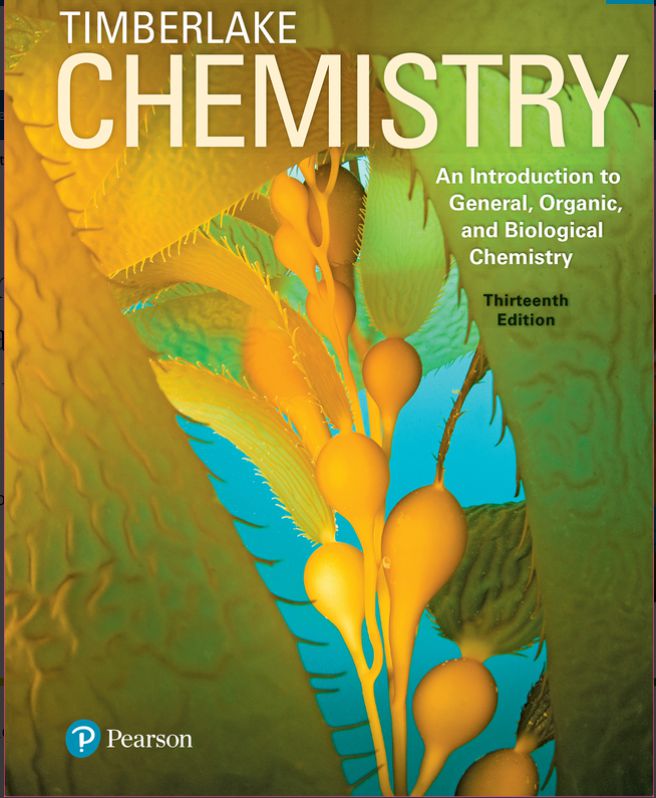When a 0.66-g sample of olive oil is burned in a calorimeter, the heat released increases the temperature of 370 g of water from 22.7 °C to 38.8 °C. What is the energy value for the olive oil in kcal/g?

In a large building, oil is used in a steam boiler heating system. The combustion of 1.0 lb of oil provides 2.4 × 107 J.
b. How many kilograms of oil are needed to change 150 kg of water to steam at 100 °C?
 Verified step by step guidance
Verified step by step guidance
Verified video answer for a similar problem:
Key Concepts
Heat of Vaporization

Energy Conversion

Mass-Energy Relationship

A 45-g piece of ice at 0.0 °C is added to a sample of water at 8.0 °C. All of the ice melts and the temperature of the water decreases to 0.0 °C. How many grams of water were in the sample?
In a large building, oil is used in a steam boiler heating system. The combustion of 1.0 lb of oil provides 2.4 × 107 J.
a. How many kilograms of oil are needed to heat 150 kg of water from 22 °C to 100 °C?
When 1.0 g of gasoline burns, it releases 11 kcal. The density of gasoline is 0.74 g/mL.
b. If a television requires 150 kJ/h to run, how many hours can the television run on the energy provided by 1.0 gal of gasoline?
A metal is thought to be titanium or aluminum. When 4.7 g of the metal absorbs 11 J, its temperature rises by 4.5 °C.
b. Would you identify the metal as titanium or aluminum (see TABLE 3.11)?
A metal is thought to be copper or gold. When 18 g of the metal absorbs 58 cal, its temperature rises by 35 °C.
a. What is the specific heat, in cal/g °C, of the metal?
